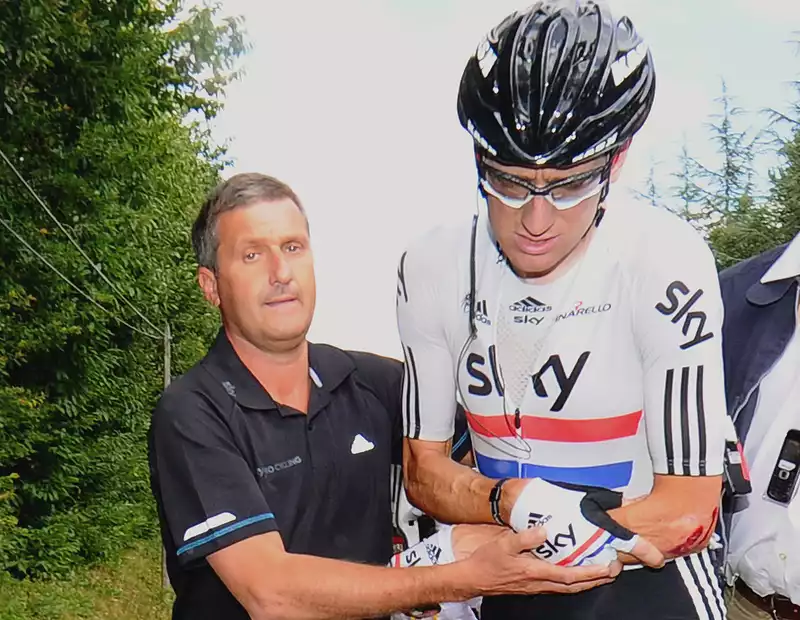Richard Freeman, former doctor for Team Sky and British Cycling, has lost an appeal to the High Court over the revocation of his medical license, leaving him open to anti-doping charges.
Freeman was struck off the UK medical register in early 2021 after a protracted soap opera-like court case over the supply of testosterone to Team Sky and British Cycling headquarters in 2011.
Freeman was found to have "knowingly or believingly" ordered the banned substance to be administered to athletes, and the UK Anti-Doping Agency (UKAD) formally opened proceedings with two charges and the prospect of a four-year ban. The proceedings were "suspended" after Freeman appealed to the High Court of Justice in 2021.
And now, after several delays in the proceedings that began nearly four years ago, a final verdict has been reached. On Monday morning in Manchester, a Superior Court judge dismissed Freeman's appeal, finding "nothing wrong" with the court's process or conclusions.
Freeman is therefore unable to work again as a doctor in the UK and has no further recourse.
Freeman is also facing anti-doping charges, and UKAD is poised to move again, citing the potential for significant reputational damage to British Cycling and the team now known as the Ineos Grenadiers.
In a statement on Monday, UKAD confirmed that it will contact Freeman "with a view to reopening proceedings against him" as well as the National Anti-Doping Panel, which will make the ruling.
UKAD charged Freeman with two anti-doping rule violations in February 2021: "possession of a prohibited substance" and "tampering or attempting to tamper with any part of the doping controls.
Freeman has denied the first charge, which is allegedly testosterone-related, but has reportedly admitted to the second charge, telling UKAD in its initial investigation that he first returned the test gel to the supplier, then later took the sachet home and He has already admitted to misleading the public, claiming that he emptied it into a sink.
There has been some confusion over the "statute of limitations" imposing a time limit on anti-doping procedures, but it is understood that the new 10-year period introduced in 2015 will apply instead of the eight years in effect at the time of the May 2011 violation. Since this time limit relates to the notice of charges, not the sanction, he could still be punished, given that the proceedings against Freeman were initiated in February 2021, before they were "suspended" in June.
If UKAD can prove the charges, Freeman could be banned from the sport for four years.
Freeman has repeatedly denied that the testosterone was for doping purposes, first claiming it was sent and returned in error and later claiming it was to treat Shane Sutton's erectile dysfunction, which the former coach vehemently denied before storming out of court.


Comments